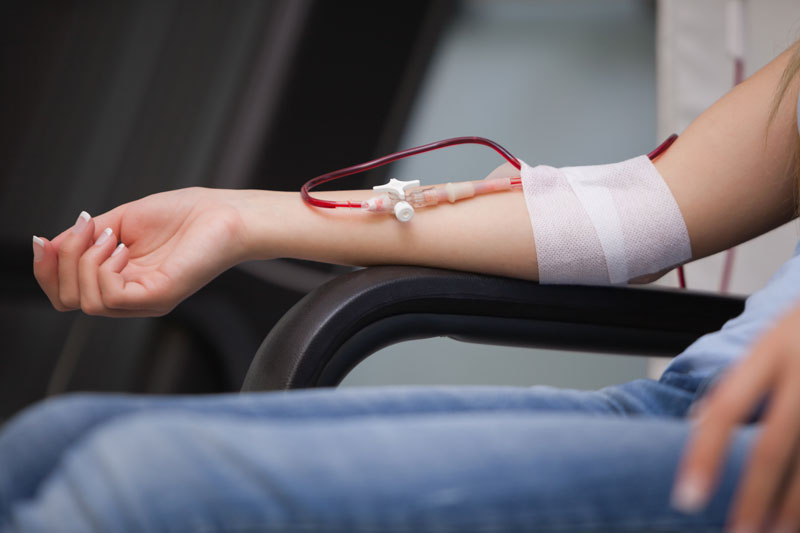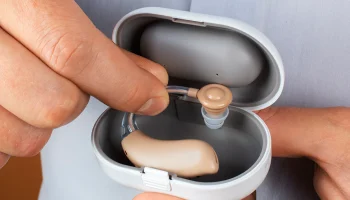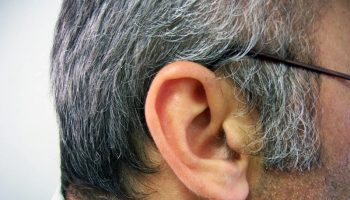Kidneys are bean-shaped organs in your body that help filter waste and excess fluid from your blood. When the kidneys lose their function, dangerous levels of fluid and electrolytes build up in your body and may result in complications such as pulmonary edema and heart disease. The good news is that if your kidneys are not as functional as they should be, dialysis access Bakersfield enables you to obtain the best possible dialysis treatment.
What is dialysis access, and how does it work?
Dialysis or vascular access is a means to reach blood for hemodialysis. Through the access, blood flows from the body via soft tubes to the dialysis machine, where it undergoes cleaning and passes through a special filter called a dialyzer. Hemodialysis patients require minor surgery for placement of access. If you need hemodialysis, your doctor may use the following accesses.
- A fistula. The artery and vein in your arm are joined for this type of access.
- A graft. The artery and vein use a soft tube instead of directly like fistula access.
- A catheter. It involves placing a soft tube in a large vein, usually in the neck.
If your doctor recommends a fistula or a graft, your healthcare provider places two needles connected to the dialysis machine’s soft tubes. One of these tubes allows blood from the body to enter the machine, where it gets cleaned and filtered and enters the body through the other tube. However, no needles are necessary for a catheter since it can be directly connected to the dialysis tubes without needles.
Physicians recommend a fistula as the first choice since it lasts longer and hardly causes problems such as clotting and infections. However, a fistula may not be an option for you if your blood vessels are not strong enough. In such cases, a graft may be your second choice. Catheters are usually a temporary solution, but they can sometimes be placed permanently. Sometimes patients can switch from different access to a fistula. Your physician is best positioned to determine if the switch is possible.
Caring for your dialysis access
It is essential to take good care of your access site, whether a fistula, graft, or catheter. Your healthcare provider may guide you through steps to care for your access. The following are general tips about access to care to prevent problems.
For a fistula or a graft, you need to clean the access site with an antibacterial soap each day and avoid scratching your skin. If you notice redness, a pimple, and a feeling of warmness, consult with your doctor since that may indicate an infection. Ask your healthcare provider or care team to rotate the needles during your dialysis treatment.
If you have a catheter, you need to keep it clean and dry. Avoid opening the catheter to the air, and have an emergency kit at home if you need to change your dressing. Ensure the access area is clean and your care team changes the dressing during each dialysis session.
For further questions about dialysis, consult with your doctor at Heart Vascular and Leg Center.





